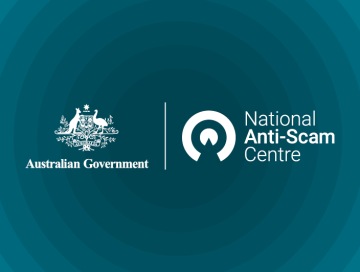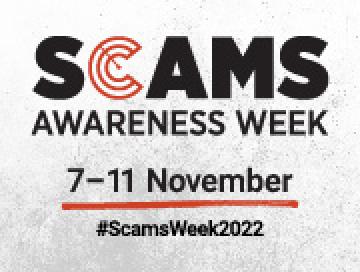72 results, showing 1 to 10
The National Anti-Scam Centre’s latest Targeting Scams Report found scam losses reported to key organisations fell by 25.9 per cent to $2 billion in 2024, showing the efforts by government, industry, law enforcement and community organisations are reducing the financial impact of scams on Australians.
Criminals are impersonating real businesses and offering fake sustainability investment bonds. They claim these bonds offer high returns and are protected by the government.

Criminals are calling people and pretending to be from a trusted organisation like a bank, IT company or phone company.

Criminals are calling, emailing or messaging people and pretending to be from their bank so that they can steal your money.

The National Anti-Scam Centre is warning consumers and small businesses to be wary of unsolicited calls, emails or messages requesting they download a software patch or provide remote access to fix or protect their computer from the CrowdStrike/Microsoft outage.

Criminals who contact you unexpectedly offering to help 'fix problems' with your account, phone or computer are causing increasing financial loss through remote access scams.

Scammers are creating lifelike impersonations (or 'deepfakes') of celebrities and public figures, who appear to be promoting 'quantum' or 'AI' online trading platforms.

In May 2023, the government funded the ACCC to set up a new National Anti-Scam Centre.
The centre will bring together experts from government and the private sector to tackle harmful scams.

Jobseekers are being urged to watch out for scammers, with new Scamwatch figures revealing Australians lost over $8.7 million to recruitment scams in 2022.

Scams Awareness Week 2022 takes place 7-11 November. This Scams Awareness Week we’re encouraging you to learn ways to identify scams and take the time to check whether an offer or contact is genuine before you act on it.



